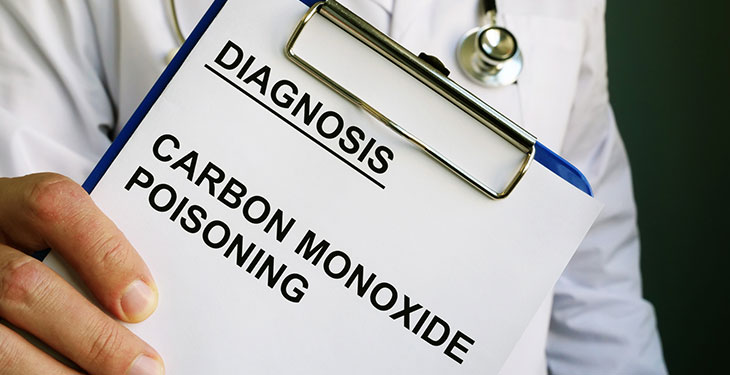A number of seven people lost their lives due to carbon monoxide (CO) poisoning and another 17 were affected, as a result of the 11 incidents that occurred, from the beginning of the year until now, in Sibiu, Mureș, Caraș Severin, Maramureș, Hunedoara and Timiș, in the area of activity of Delgaz Grid.
The highest incidence of cases was recorded in the cold season, during the operation of natural gas heating installations. Thus, 8 of the 11 incidents in the area of activity of Delgaz Grid occurred in the first three months of this year, the main causes being the use of the stove as a heating source, leaking connections to the flue gas exhaust system of thermal power plants and stoves, clogged chimneys or stove damages (cracked hobs, leaky terracotta stoves).
“There are seven people whose lives ended tragically only this year and dozens more who suffer because they lost their children, parents, siblings or grandparents. Many times we leave things to chance, in the idea that it works that way, too. It is in our power to prevent such situations and that is why the preparation for the cold season must start from now on. It is necessary to check the boilers, stoves and chimneys and all this must be done by specialists,” says Csulak Ferenc, general manager of Delgaz Grid.
“The recommendation is to have carbon monoxide detectors installed in homes, which emit audible signals and warn us about the possible risks related to carbon monoxide poisoning,” say Delgaz Grid officials.
Carbon monoxide has no color and odor, which makes it very difficult to detect and once accumulated in the room it becomes dangerous. Symptoms of intoxication depend on the concentration of carbon monoxide and the duration of exposure and are manifested by nausea, dizziness and headaches.
